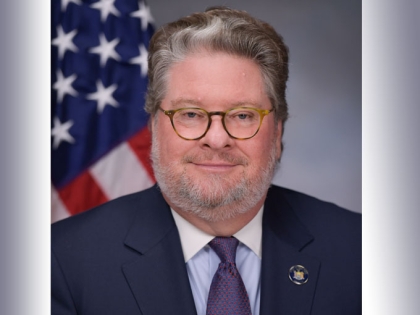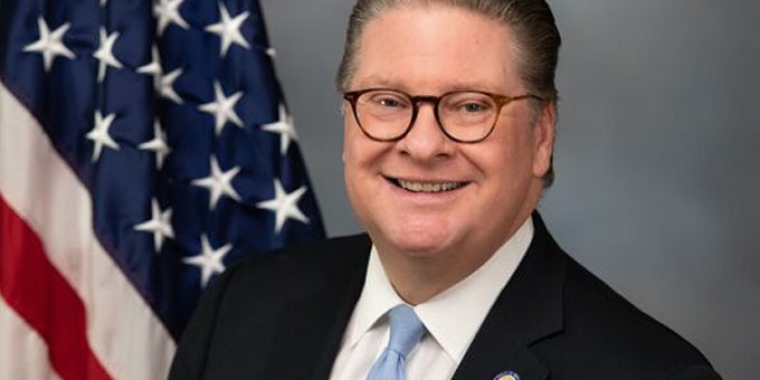
Harckham, Senate Pass Bill Supporting Telehealth for Peer Advocate Programs
March 23, 2021

Albany, NY – New York State Senator Pete Harckham and members of the Senate approved legislation (S.2998A) today, originally introduced by Harckham, that will make telehealth services provided by Certified Recovery Peer Advocates and Credentialed Family Peer Advocates eligible for reimbursement on a permanent basis.
“The success of telehealth evidenced during the coronavirus pandemic is proof that we should continue to offer this flexibility as a care option,” said Harckham. “This means requiring insurers to offer proper reimbursement for peer telehealth services, though. Struggling with costs will push people away from help otherwise. I am grateful to my colleagues for their support for this legislation, which will certainly save lives here in the state.”
Last year during the spread of the Covid-19 pandemic in New York, Governor Andrew M. Cuomo issued an Executive Order that authorized healthcare professionals to utilize telehealth services; at the time in-person visits and care, even the transportation back and forth to care providers, posed large risks to residents, many with co-morbidities. A bill sponsored by Harckham included to also allow behavioral health and peer recovery advocates the ability to offer services via telehealth as well—and receive the same remuneration from insurance companies as an in-person visit.
The new legislation, which is supported by the Healthcare Association of New York State (HANYS) and a number of advocacy groups, will extend the authorization of peer recovery advocate telehealth services and credentialed family peer advocates for reimbursement after the pandemic emergency is lifted.
Telehealth or “telepractice” or “telehealth” is the use of a two-way real-time interactive telecommunication system for the purpose of providing healthcare and peer advocacy services at a distance. Telehealth expansion during the Covid-19 pandemic helped to facilitate treatment options, and services remain reimbursable by Medicaid and commercial payers. Clients and / or practitioners can be at any site, including a home, as long as privacy and confidentiality standards are maintained. Peer advocates needed authorization from either the state Office of Addiction Services and Supports or the Office Mental Health for permission to utilize telepractice during the Covid-19 State of Emergency, but this time-limitation will be lifted when the legislation is signed into law.
“New York State is still grappling with an overdose crisis—and data now shows the pandemic has complicated an already dire situation and fatal overdoses have skyrocketed, claiming thousands of New Yorkers,” said Melissa Moore, New York State director of Drug Policy Alliance. “Due to the Covid-19 crisis, telehealth services have become more important than ever to ensure that people navigating substance use disorders have access to quality, evidence-based care, and telehealth should be used as widely as possible to continue to provide services to everyone, including our most vulnerable populations.”
Added Moore, “Ensuring telehealth is covered by insurance helps make certain that people can access lifesaving resources remotely and safely, especially peer recovery advocates and harm reduction services. We thank Sen. Harckham for his leadership in advancing legislation in the Senate to assure New Yorkers who are struggling with substance use disorder that they can continue to receive peer support services via telehealth beyond the pandemic.”
related legislation
Share this Article or Press Release
Newsroom
Go to NewsroomBail Reform Changes Included in New Budget
April 6, 2020



